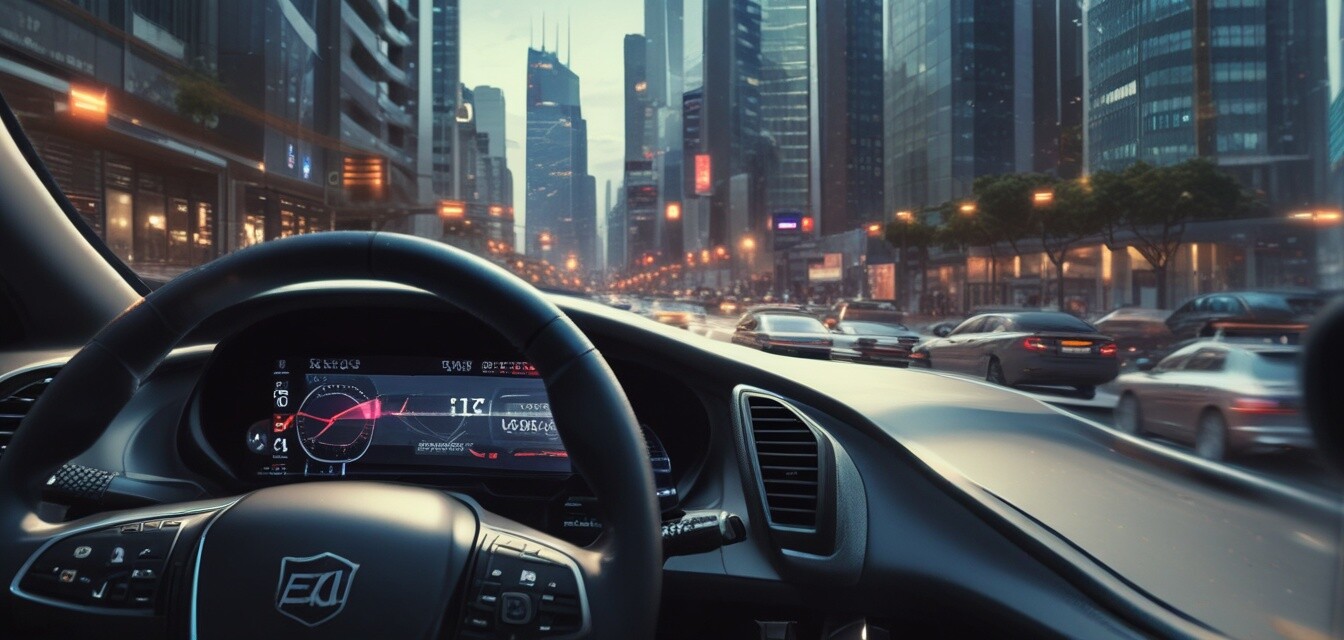
Will Dashcams Become Mandatory?
Key Takeaways
- Dashcams have a growing role in vehicle safety and legal accountability.
- Legislation regarding dashcam usage is evolving in many regions.
- Consumer demand and technological advancements may push for mandatory requirements.
The discussion around the legality and potential necessity of dashcams in vehicles has taken center stage recently. As vehicle technologies continue to evolve, so too does the sentiment regarding safety on the roads. This article will explore the possibility of dashcams becoming mandatory among drivers and how current trends are shaping this future.
The growing popularity of dashcams
In recent years, dashboard cameras (dashcams) have surged in popularity due to their numerous benefits. Many drivers now use them to provide an unbiased recording of events on the road, which can be crucial in the event of a collision or road disputes. Below are some reasons driving the increase in dashcam usage:
- Enhanced safety and security for drivers.
- Provision of video evidence in accidents.
- Deterrent against reckless driving and potential accidents.
Current legislation regarding dashcams
The current legal landscape surrounding dashcam usage varies significantly among countries and states. Some regions have already recognized the benefits and implemented regulations concerning their use, while others are yet to catch up. Below is a general overview of the current status:
| Region | Current Status | Notes |
|---|---|---|
| USA | No federal mandate | Some states have laws favoring dashcam use. |
| UK | No mandatory requirement | Law enforcement supports dashcam recordings. |
| Australia | No national regulation | Use encouraged for accident documentation. |
| Germany | Legal for evidence | Potential discussions on mandatory use. |
Arguments for mandatory dashcams
Advocates for making dashcams mandatory highlight their value in improving road safety and aiding law enforcement. Here are some key points supporting this argument:
- Evidence in accidents: Dashcams can provide clear evidence for insurance claims and court cases.
- Reduction in fraud: They can help combat insurance fraud, a significant issue in vehicular accidents.
- Public safety: Encouraging responsible driving behavior by recording interactions on the road.
Arguments against mandatory dashcams
Despite the benefits, there are also arguments against making dashcams mandatory:
- Cost: For some drivers, the upfront investment of a dashcam could be prohibitive.
- Privacy concerns: There are worries about constant recording and how footage may be used.
- Technical challenges: Issues such as data storage, technology competency among some drivers, and maintenance.
Pros
- Improved crash accountability.
- Potential decrease in insurance premiums.
- Enhanced driver awareness.
Cons
- Initial costs can be a deterrent.
- Data privacy can be a concern.
- Technical issues may arise with poor-quality devices.
Future trends and consumer demand
With the rapid advancements in vehicle technology, it's clear that consumer demand is playing an important role in shaping the norms of dashcam usage. Enhanced features like 4K recording, night vision capabilities, and even AI integration are influencing consumers to consider these devices more seriously.
Technological advancements
Recent trends have shown that dashcam technologies are improving significantly. Some notable advancements include:
- AI-driven safety features.
- Wi-Fi connectivity for easy sharing and storage.
- Integration with vehicle systems for enhanced monitoring.
User feedback and its impact
Users are increasingly vocal about their experiences with dashcams. Positive feedback often revolves around:
- Ease of use and installation.
- Quality of video footage in critical situations.
- Response and support from manufacturers.
Conclusion
As more drivers recognize the benefits of dashcams, the possibility of them becoming a mandatory accessory may grow stronger. While there are several challenges to overcome, public demand and technological advancements will continue to influence the conversation surrounding dashcam legislation.
For those interested in exploring different options, check out our categories on dual lens dashcams or night vision dashcams to find the best fit for your driving needs.
Stay informed
To keep up with the latest news and trends in the dashcam market, be sure to visit our blog regularly. This way, you can remain updated on new technologies and potential legislative changes regarding dashcam usage.
